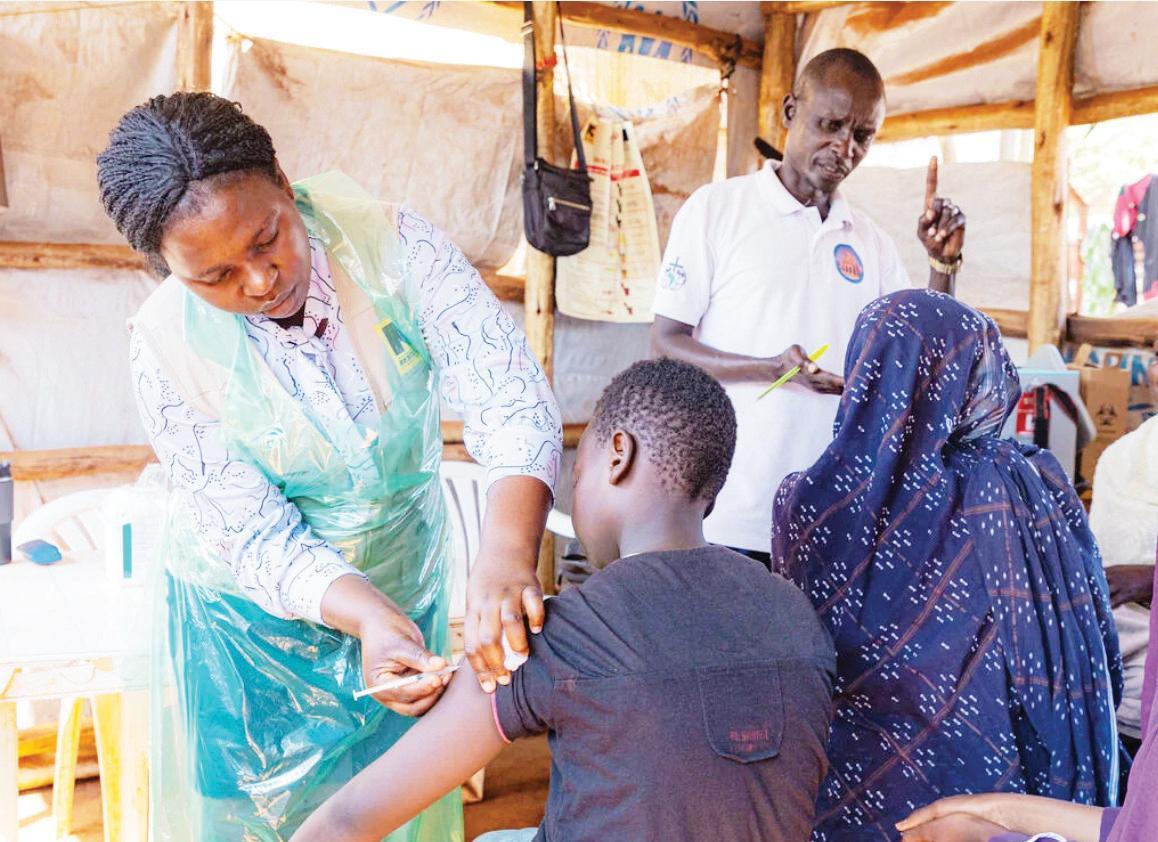Africa-Press – Malawi. The United Nations Population Fund (UNFPA) has unveiled its flagship ‘State of World Population’ report, warning that a growing number of people are being denied the freedom to start families due to skyrocketing living costs, persistent gender inequality and deepening uncertainty about the future.
Titled ‘The real fertility crisis: The pursuit of reproductive agency in a changing world’, the report argues that people’s ability to choose freely when and whether to have children is under threat.
The report draws on a recent UNFPA/YouGov survey covering 14 countries, including Malawi, which together represent 37 percent of the global population.
Economic barriers were the top factor, with 39 percent of respondents citing financial limitations as the main reason for having fewer children than they would like.
Fear for the future, from climate change to war, and job insecurity followed, cited by 19 percent and 21 percent of respondents respectively.
Thirteen percent of women and eight percent of men pointed to the unequal division of domestic labour as a factor in having fewer children than desired.
The survey also revealed that one in three adults have experienced an unintended pregnancy, one in four felt unable to have a child at their preferred time and one in five reported being pressured to have children they did not want.
“Furthermore, unintended pregnancies are often the result of sexual violence.
“One study from Haiti, Nigeria, Malawi, Uganda and Zambia concluded that, in some cases, more than one third of reported survivors became pregnant from their first or most recent experience of forced or pressured sex,” the report says.
It adds that many unintended pregnancies are not necessarily unwanted but are mistimed, with consequences escalating as the discrepancy between the timing of the pregnancy and the mother’s desired timing increases.
The report warns against what it refers to as simplistic and coercive responses to falling birth rates, such as baby bonuses or fertility targets, which it says are often ineffective and risk violating human rights.
Instead, UNFPA urges governments to expand choices by removing barriers to parenthood identified by their populations.
Recommended actions include making parenthood more affordable through investments in housing, decent work, paid parental leave and access to comprehensive reproductive health services
For More News And Analysis About Malawi Follow Africa-Press






